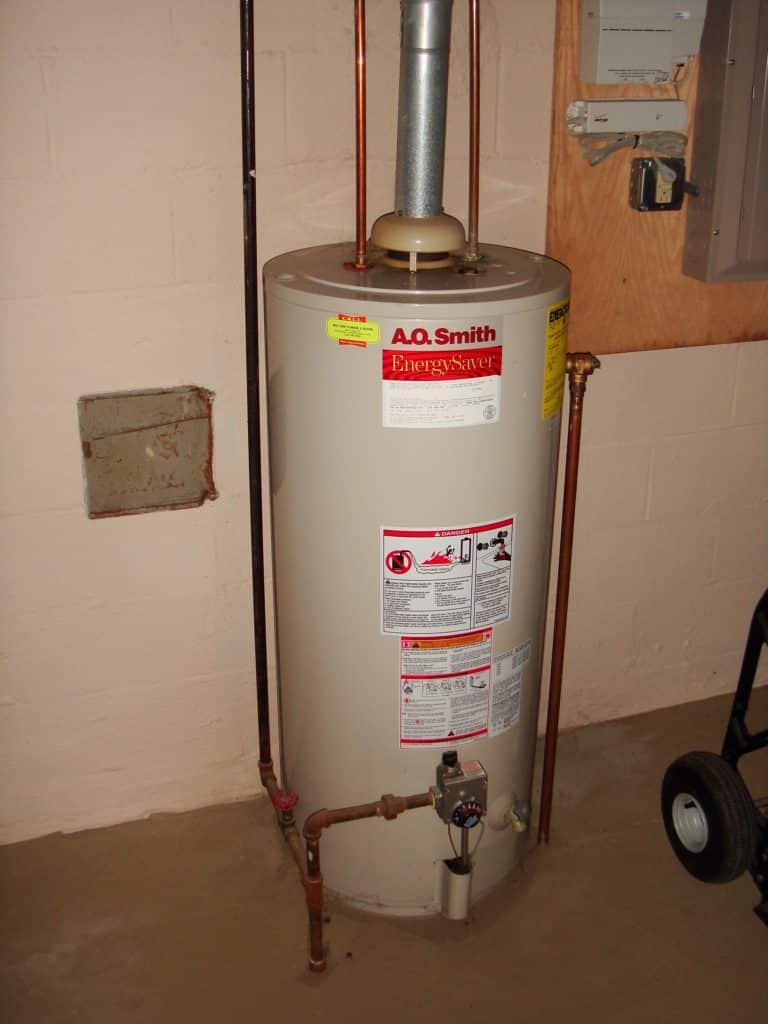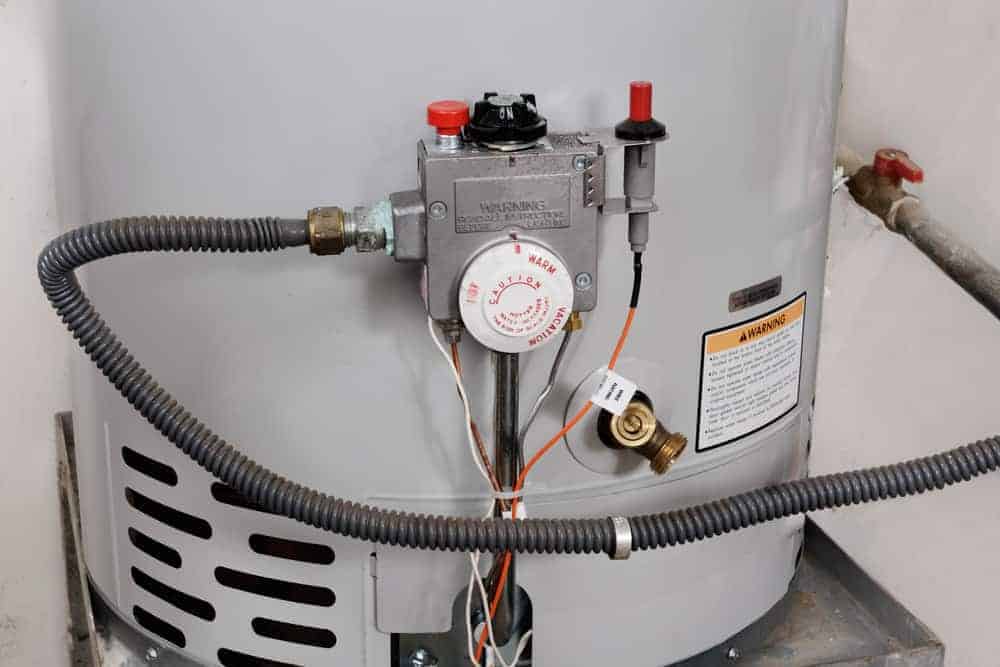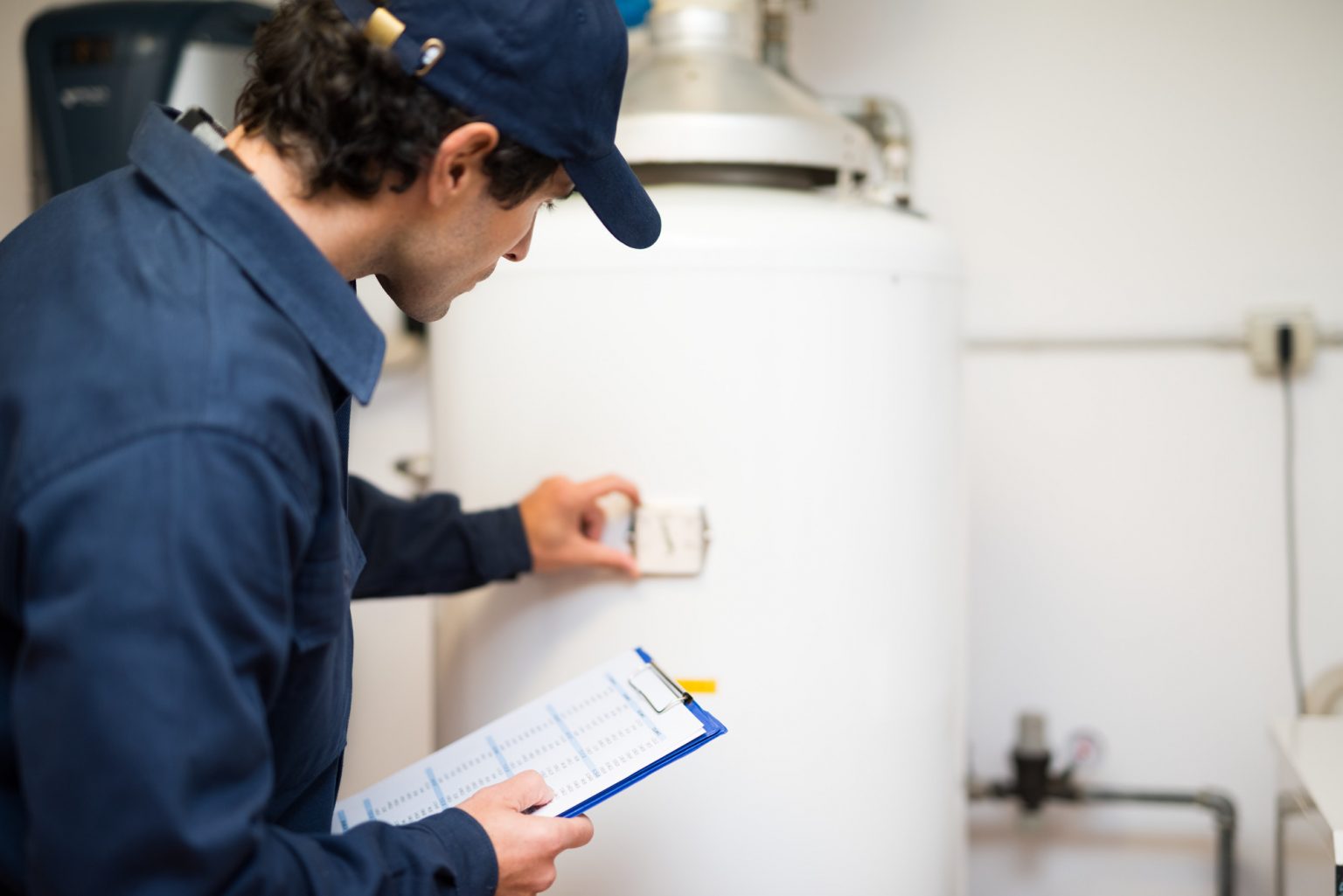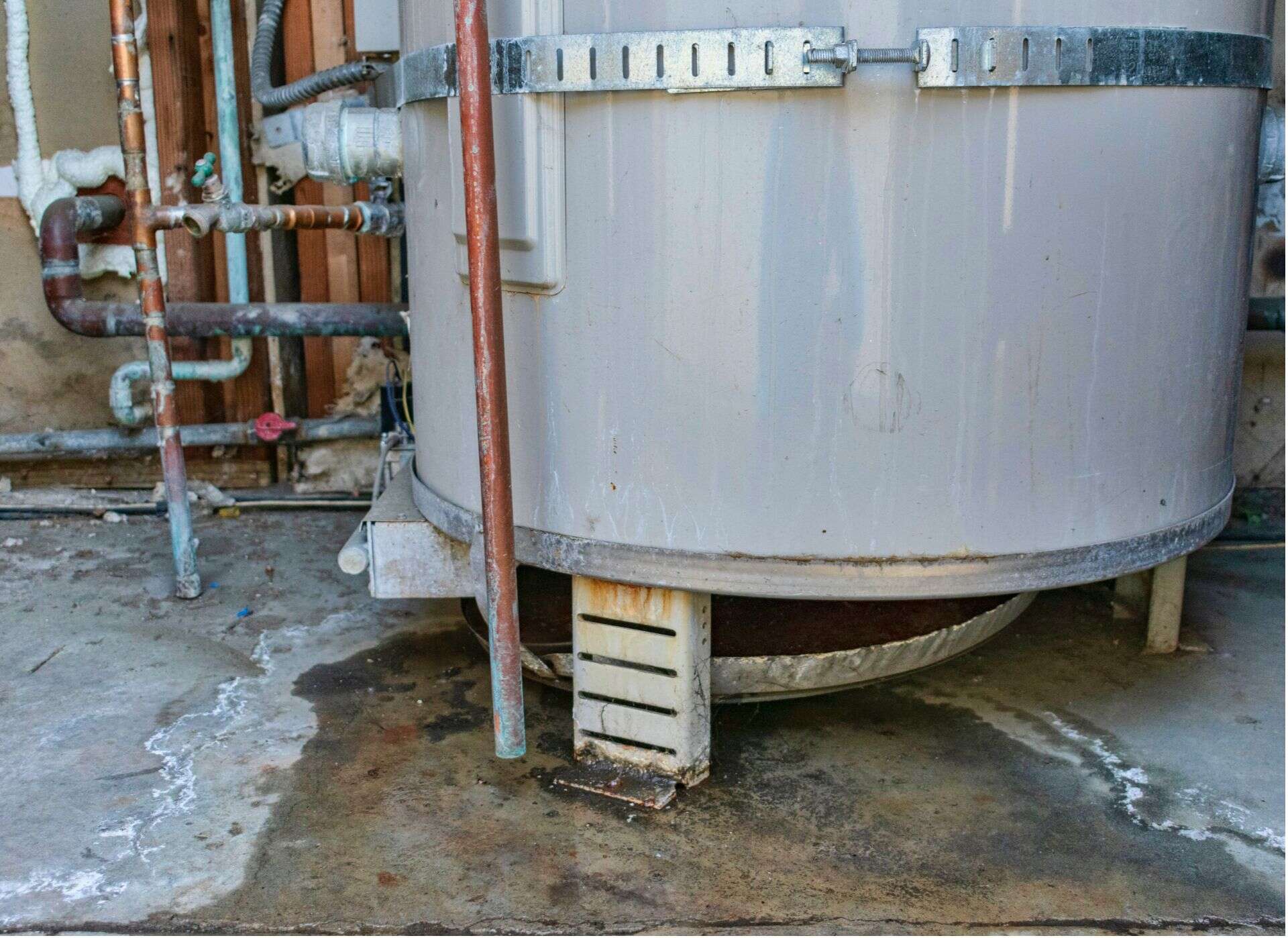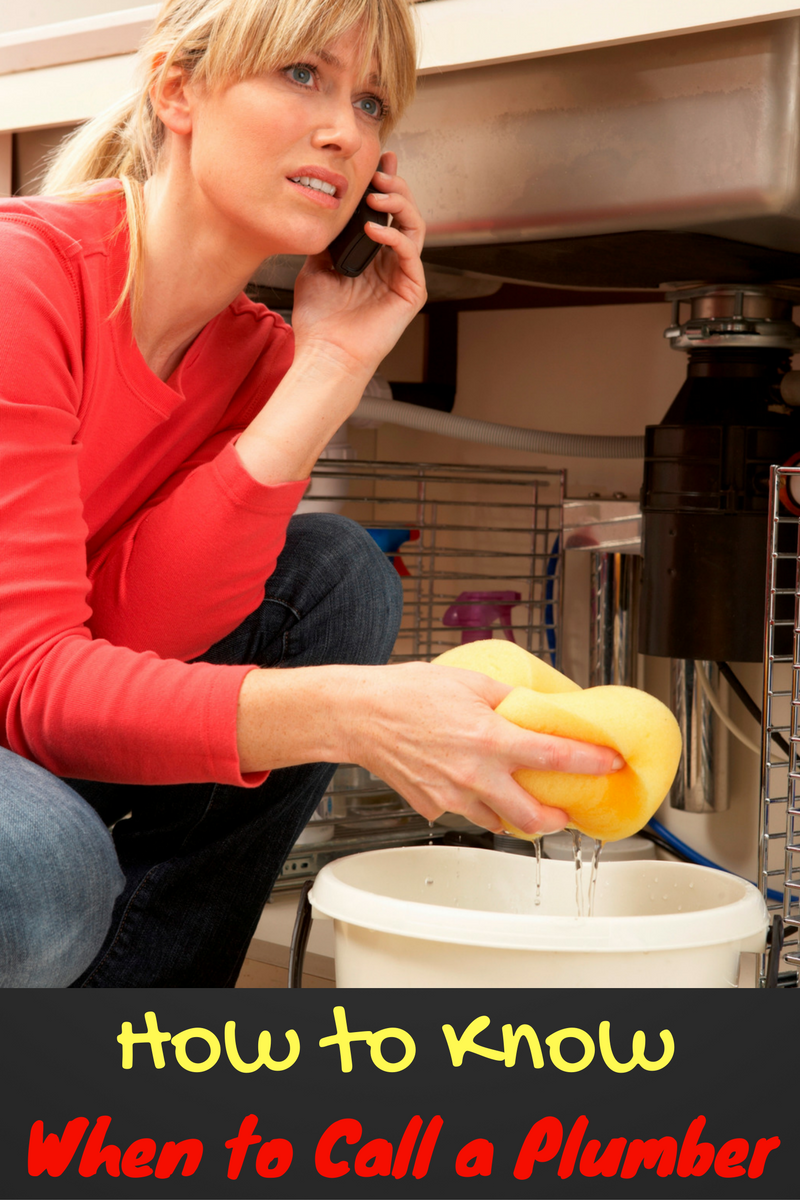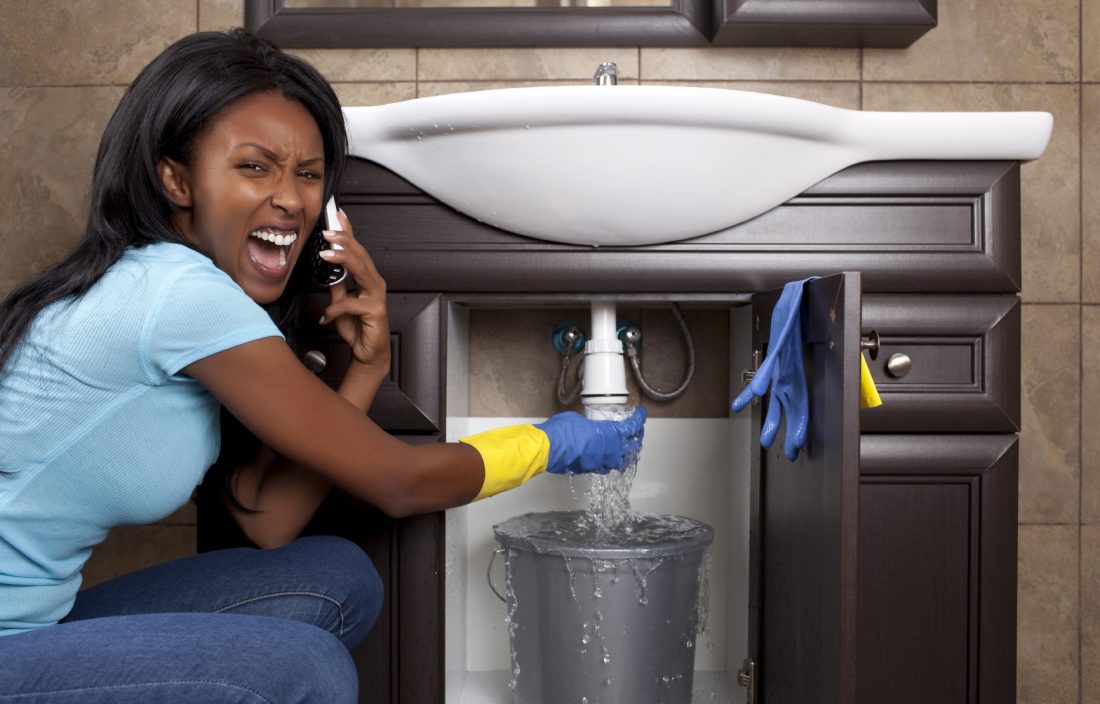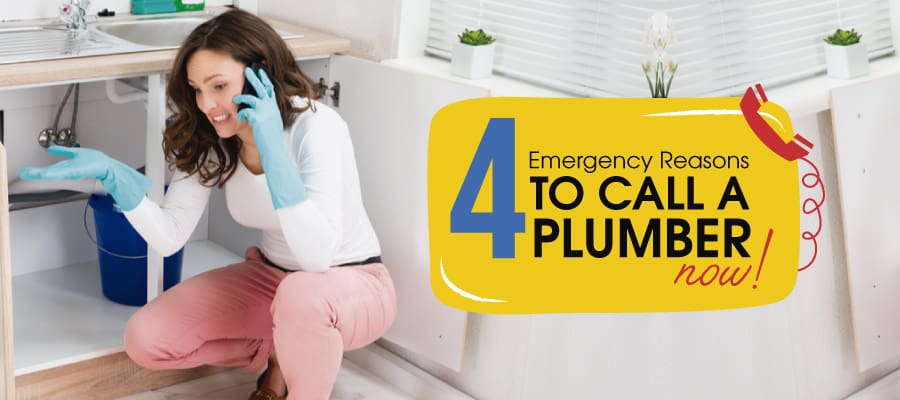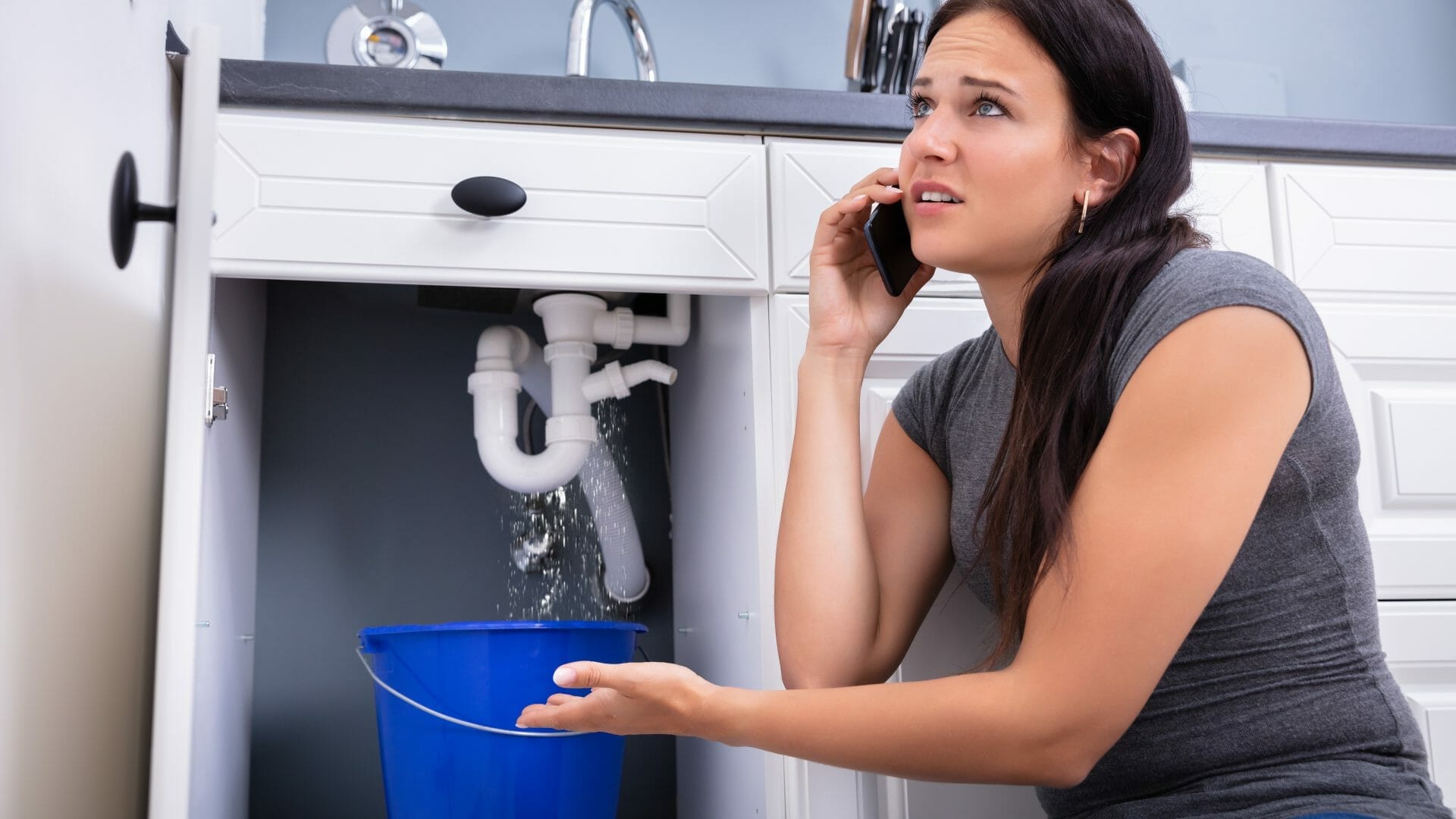One of the most common reasons why a kitchen sink won't turn on is due to a problem with the water supply. Before jumping to any conclusions, it's important to first check if the water supply to your sink is functioning properly. Make sure the water valve under the sink is fully turned on and that there are no leaks or blockages in the water supply line.Check the water supply
If the water supply seems to be working fine, the next step is to check the faucet handle. Sometimes, the handle may have become loose or damaged, causing it to not turn on properly. In this case, you may need to tighten or replace the handle to fix the issue. It's also possible that the handle is stuck due to buildup of debris or mineral deposits, in which case you can try cleaning it with a mixture of vinegar and water.Check the faucet handle
Another component that can cause a kitchen sink to not turn on is the aerator. This small screen at the end of the faucet can become clogged with debris and mineral deposits over time, restricting the water flow. You can try removing the aerator and cleaning it with a brush or soaking it in vinegar to clear any buildup.Check the aerator
Low water pressure can also be a reason for your kitchen sink not turning on. This can be caused by a variety of factors, such as a clogged water filter, a malfunctioning pressure regulator, or a problem with the municipal water supply. If you notice low water pressure in other areas of your home as well, it's best to contact your water provider to find out if there are any known issues.Check the water pressure
Another important factor to consider is the shut-off valves under your sink. These valves control the flow of water to your sink and may have accidentally been turned off, causing the sink to not turn on. Make sure the valves are fully open and that there are no leaks or issues with the valves themselves.Check the shut-off valves
If your kitchen sink is connected to a garbage disposal, it's possible that the disposal may be causing the issue. If the disposal is not turning on, it could be due to a clogged or jammed unit. You can try resetting the disposal by pressing the reset button on the bottom or using an Allen wrench to manually rotate the blades and clear any obstructions.Check the garbage disposal
It's also important to inspect the pipes under your sink for any leaks or damage. A leak in the pipes can cause a decrease in water pressure, leading to a kitchen sink that won't turn on. If you notice any leaks or damage, it's best to call a plumber to fix the issue.Check the pipes under the sink
If your kitchen sink is not getting any power at all, it's possible that the circuit breaker may have tripped. Check your home's main electrical panel and look for any tripped breakers. If you find one, simply switch it back on to restore power to your kitchen sink.Check the circuit breaker
If your kitchen sink is not getting hot water, it's possible that there is an issue with your hot water heater. Make sure the heater is turned on and functioning properly. If it's an electric heater, check the circuit breaker and reset it if necessary. If it's a gas heater, make sure the gas supply is turned on and that the pilot light is lit.Check the hot water heater
If you have exhausted all the possible solutions and your kitchen sink still won't turn on, it's time to call a professional plumber. They will have the expertise and tools to diagnose and fix any underlying issues with your sink. Don't wait too long to call a plumber, as a small issue can quickly escalate into a larger and more costly problem. In conclusion, a kitchen sink that won't turn on can be a frustrating problem to deal with, but with a little troubleshooting and possibly the help of a professional, you can get your sink up and running again in no time. Remember to regularly maintain your sink and its components to prevent any issues in the future.Call a plumber
The Importance of a Properly Functioning Kitchen Sink in House Design
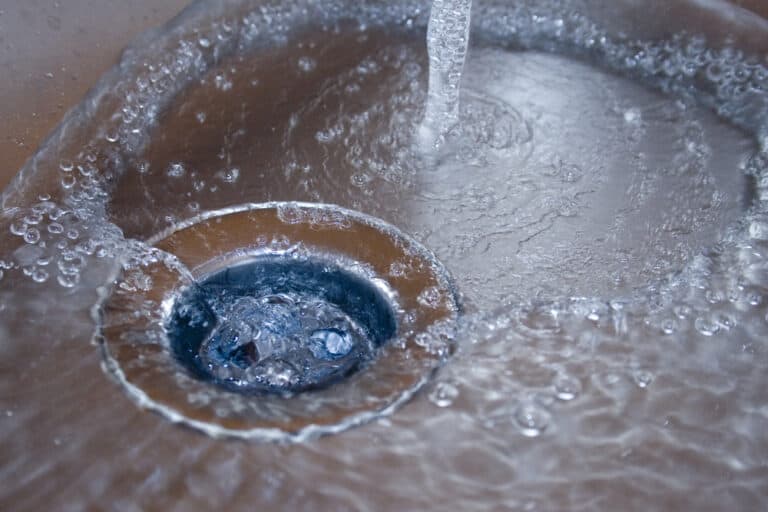
Why a Kitchen Sink is an Essential Part of a Functional Kitchen
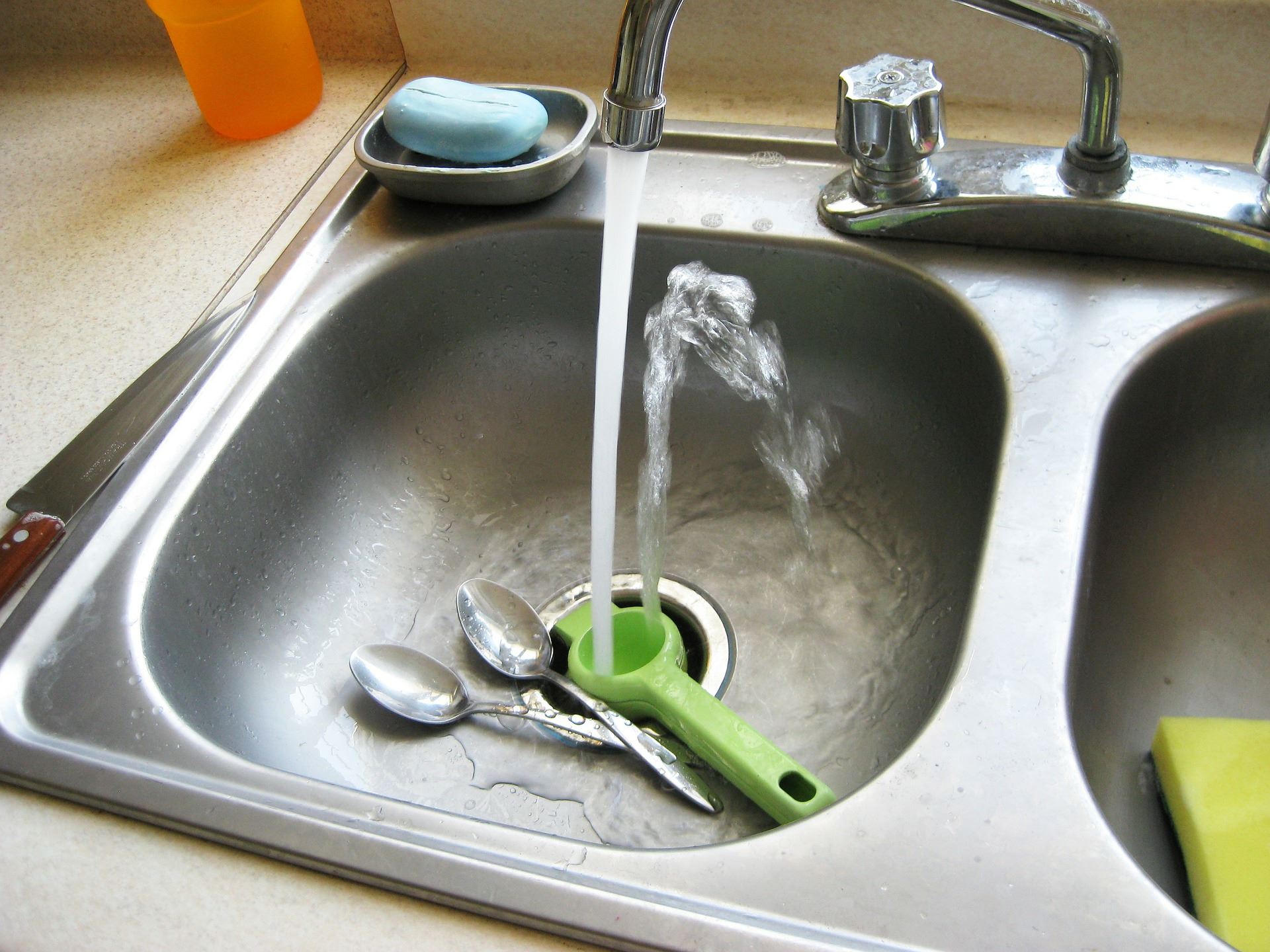 The kitchen sink is often the most used component in a kitchen, and for good reason. It serves as the primary source of water for cooking, cleaning, and drinking. A malfunctioning kitchen sink can disrupt daily tasks and make the kitchen feel incomplete. In fact, a
broken or non-functioning kitchen sink
can greatly affect the overall functionality and aesthetic of a kitchen. Therefore, it is crucial to address any issues with a kitchen sink as soon as they arise to maintain the smooth operation and design of a kitchen.
The kitchen sink is often the most used component in a kitchen, and for good reason. It serves as the primary source of water for cooking, cleaning, and drinking. A malfunctioning kitchen sink can disrupt daily tasks and make the kitchen feel incomplete. In fact, a
broken or non-functioning kitchen sink
can greatly affect the overall functionality and aesthetic of a kitchen. Therefore, it is crucial to address any issues with a kitchen sink as soon as they arise to maintain the smooth operation and design of a kitchen.
Common Reasons Why a Kitchen Sink Won't Turn On
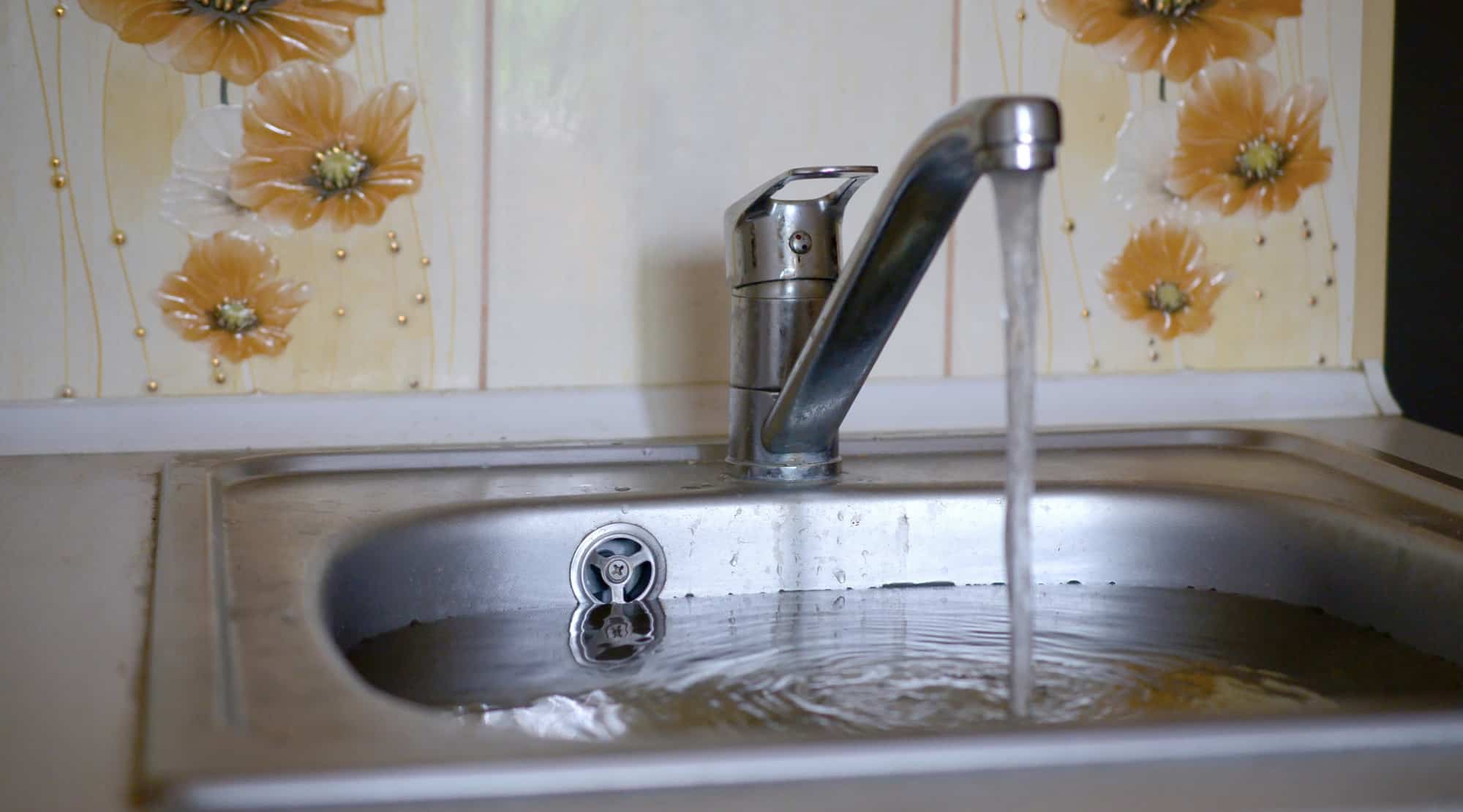 There are various reasons why a kitchen sink may not turn on, and identifying the root cause is essential in finding a solution.
Clogged pipes or drains
are a common culprit, as well as
leaks or damaged parts
within the sink's plumbing system. In some cases, a
faulty faucet or valve
may also be the cause of the issue. It is important to address these issues promptly to prevent further damage and ensure the functionality of the kitchen sink.
There are various reasons why a kitchen sink may not turn on, and identifying the root cause is essential in finding a solution.
Clogged pipes or drains
are a common culprit, as well as
leaks or damaged parts
within the sink's plumbing system. In some cases, a
faulty faucet or valve
may also be the cause of the issue. It is important to address these issues promptly to prevent further damage and ensure the functionality of the kitchen sink.
The Negative Effects of a Broken Kitchen Sink on House Design
 A malfunctioning kitchen sink not only affects the function of the kitchen, but it also has a negative impact on the overall house design. A broken kitchen sink can
disrupt the flow and efficiency of daily tasks
, making cooking and cleaning a hassle. It can also
affect the cleanliness and hygiene of the kitchen
, which is a crucial aspect of house design. Additionally, a non-functioning kitchen sink can
diminish the aesthetic appeal of the kitchen
, as it is often the centerpiece of the room. It is important to address any issues with a kitchen sink to maintain the functionality and design of the house.
A malfunctioning kitchen sink not only affects the function of the kitchen, but it also has a negative impact on the overall house design. A broken kitchen sink can
disrupt the flow and efficiency of daily tasks
, making cooking and cleaning a hassle. It can also
affect the cleanliness and hygiene of the kitchen
, which is a crucial aspect of house design. Additionally, a non-functioning kitchen sink can
diminish the aesthetic appeal of the kitchen
, as it is often the centerpiece of the room. It is important to address any issues with a kitchen sink to maintain the functionality and design of the house.
The Importance of Proper Maintenance for a Functional Kitchen Sink
 To prevent a kitchen sink from malfunctioning, it is crucial to
perform regular maintenance
on it. This includes
cleaning and unclogging the pipes and drains
, as well as
checking for leaks and replacing any damaged parts
. It is also important to
address any issues promptly
to prevent them from escalating and causing further damage. By maintaining a kitchen sink, not only will it continue to function properly, but it will also
enhance the overall house design
.
To prevent a kitchen sink from malfunctioning, it is crucial to
perform regular maintenance
on it. This includes
cleaning and unclogging the pipes and drains
, as well as
checking for leaks and replacing any damaged parts
. It is also important to
address any issues promptly
to prevent them from escalating and causing further damage. By maintaining a kitchen sink, not only will it continue to function properly, but it will also
enhance the overall house design
.
In Conclusion
 The kitchen sink is an essential component in house design, and a properly functioning one is crucial for the smooth operation and aesthetic appeal of the kitchen. It is important to address any issues with a kitchen sink promptly and to perform regular maintenance to prevent any problems from arising. By maintaining a functional kitchen sink, not only will daily tasks be easier, but the overall house design will also be enhanced.
The kitchen sink is an essential component in house design, and a properly functioning one is crucial for the smooth operation and aesthetic appeal of the kitchen. It is important to address any issues with a kitchen sink promptly and to perform regular maintenance to prevent any problems from arising. By maintaining a functional kitchen sink, not only will daily tasks be easier, but the overall house design will also be enhanced.
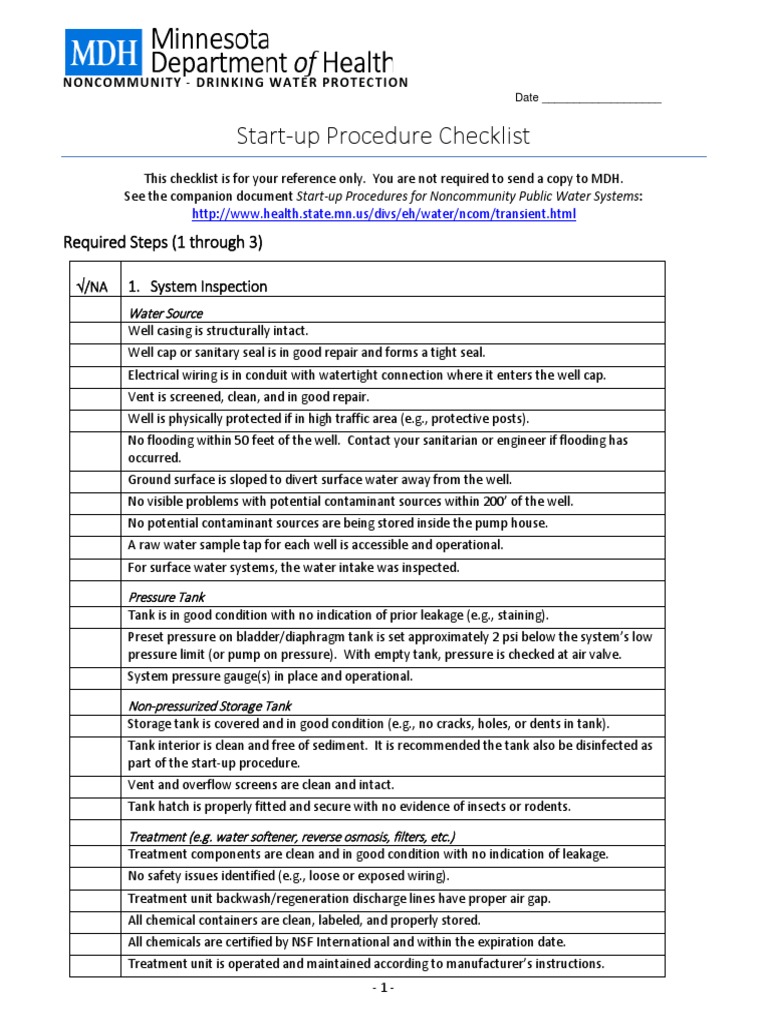


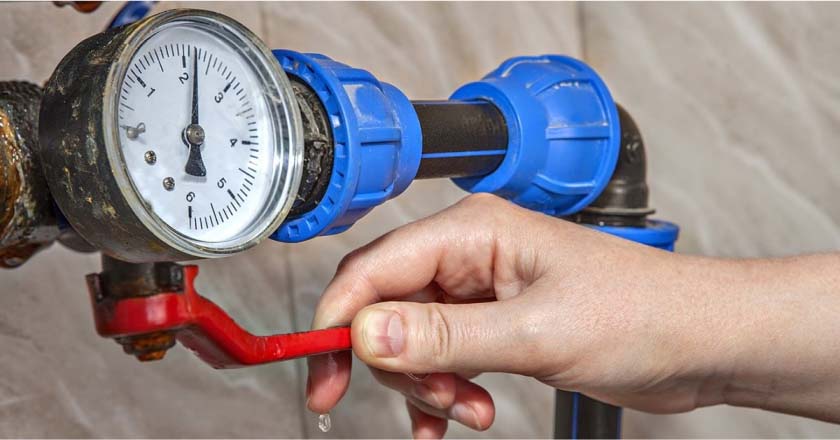
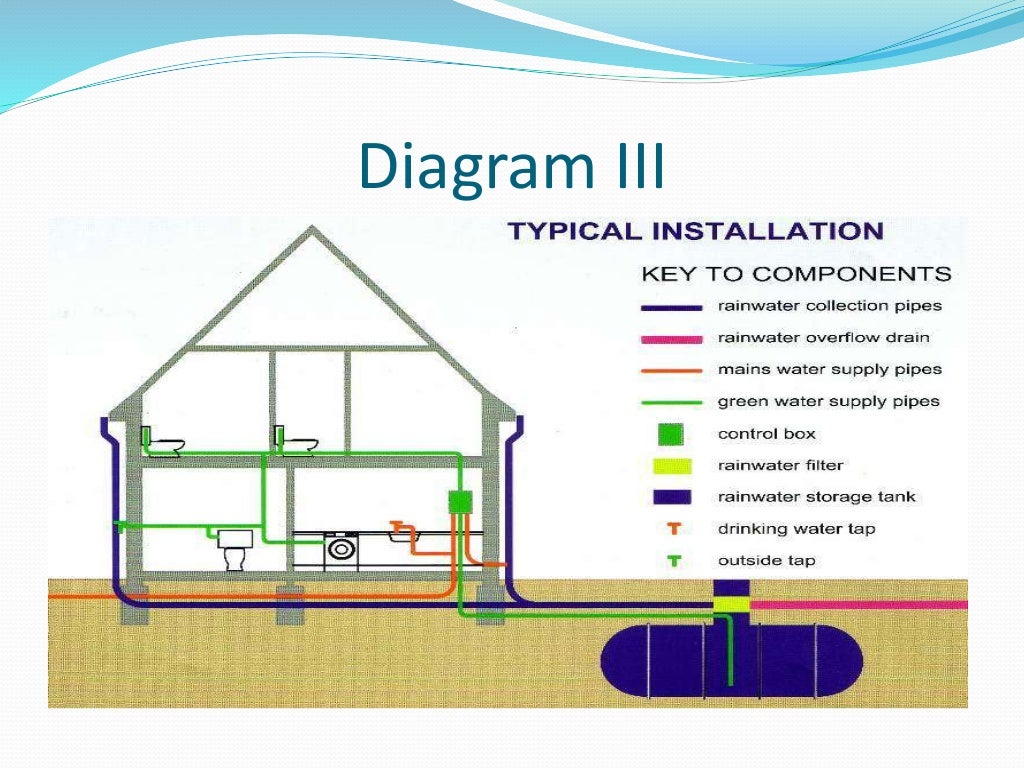


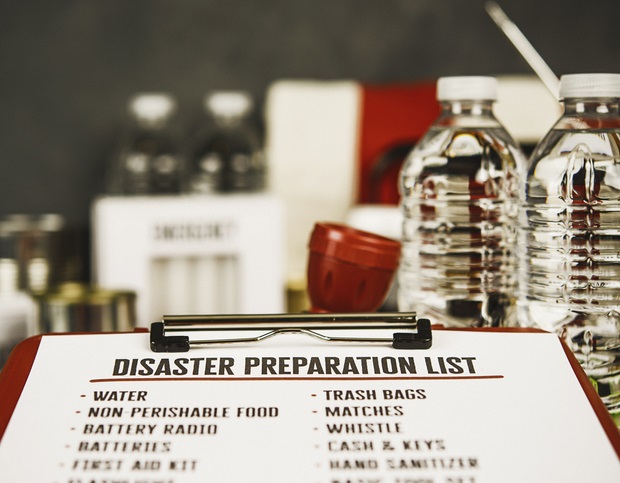


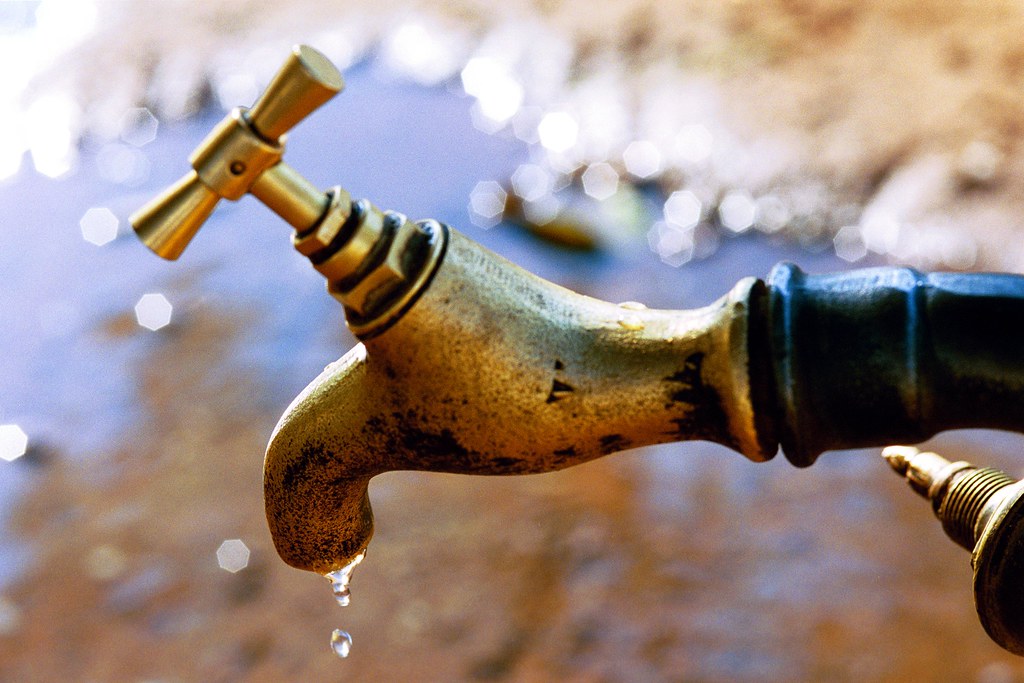
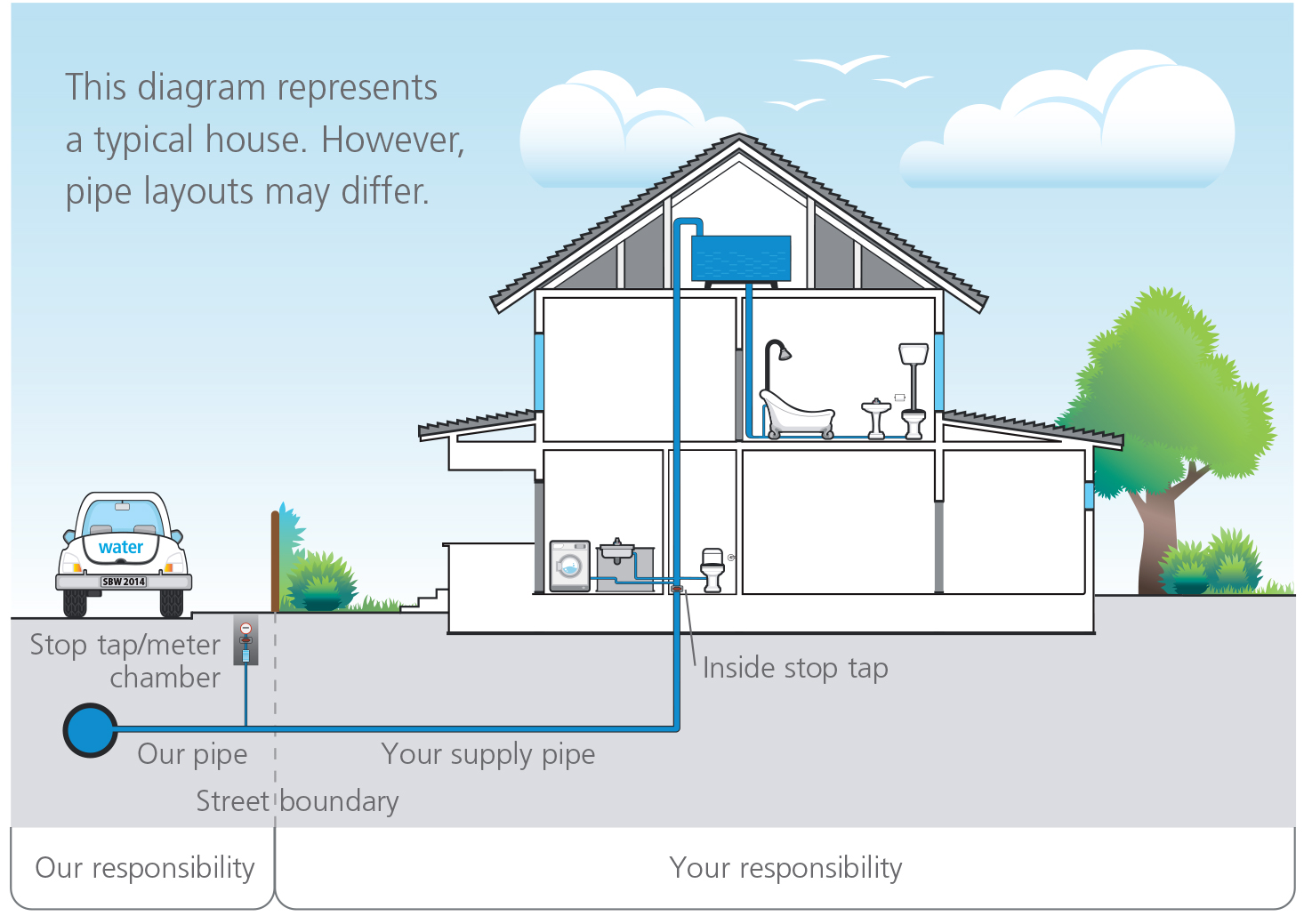


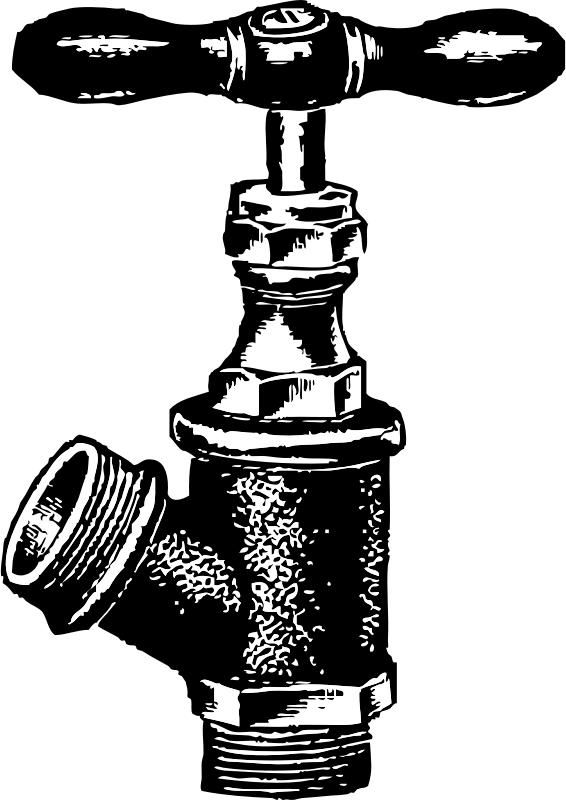
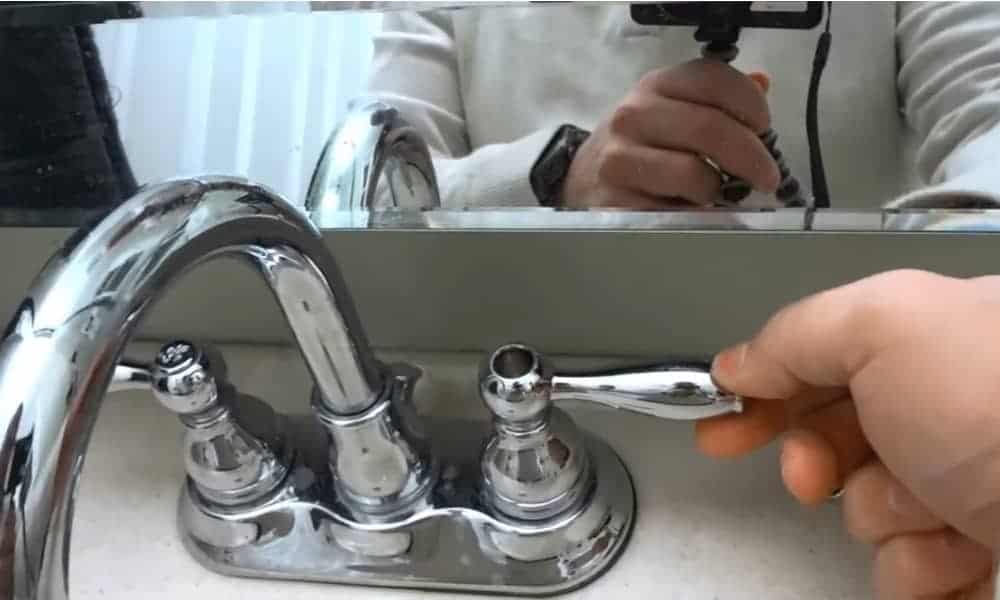


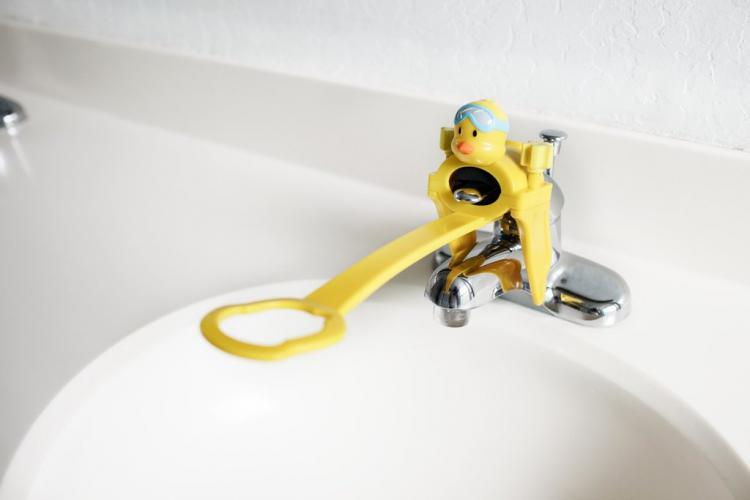
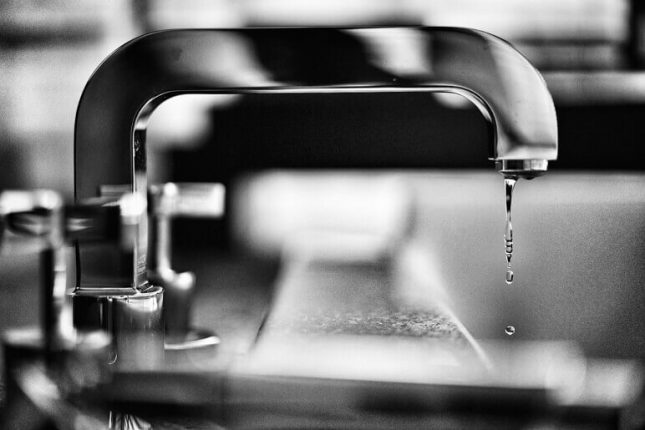





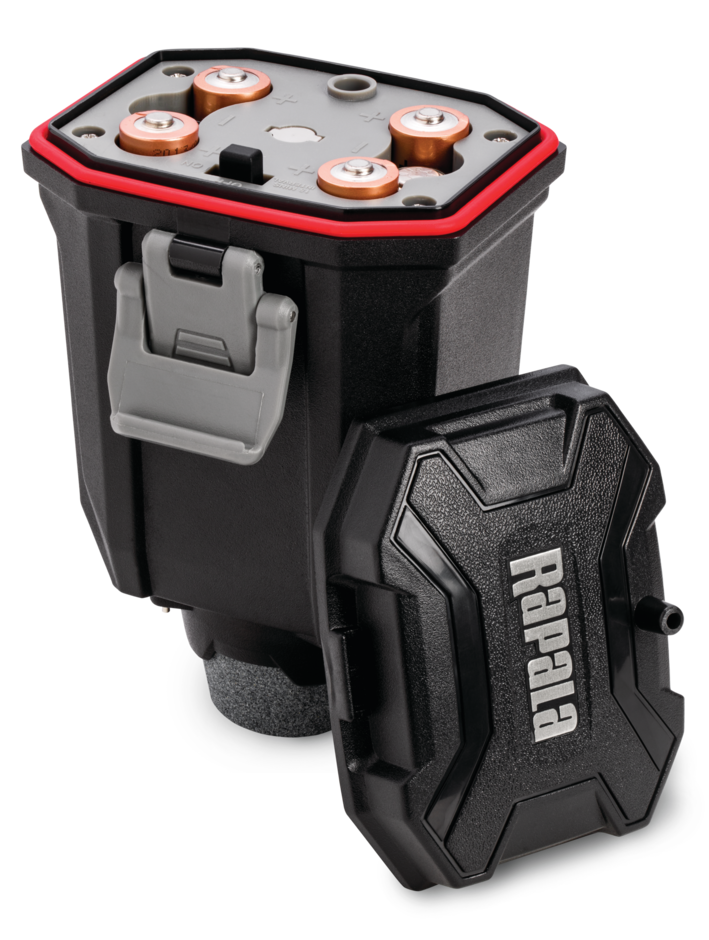
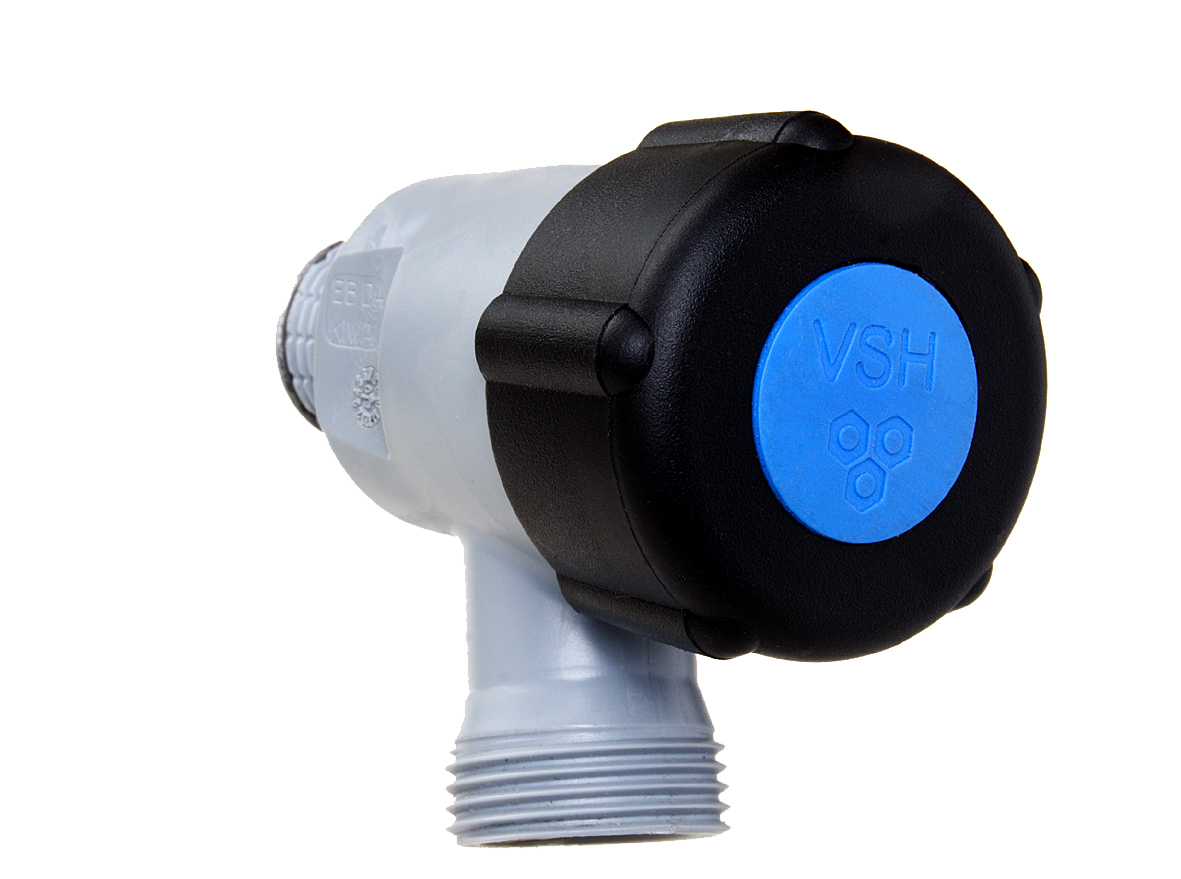






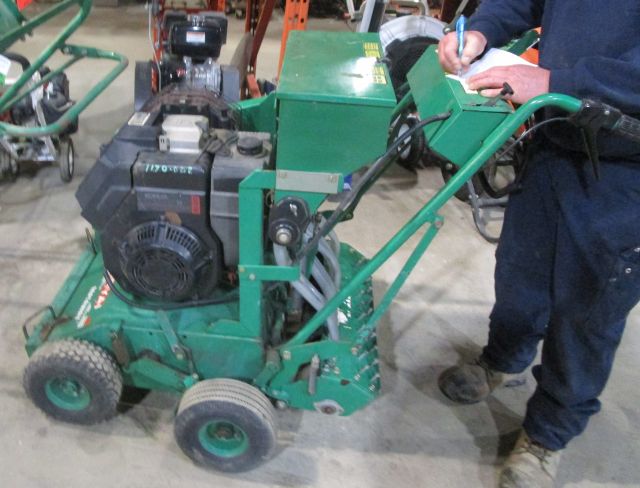
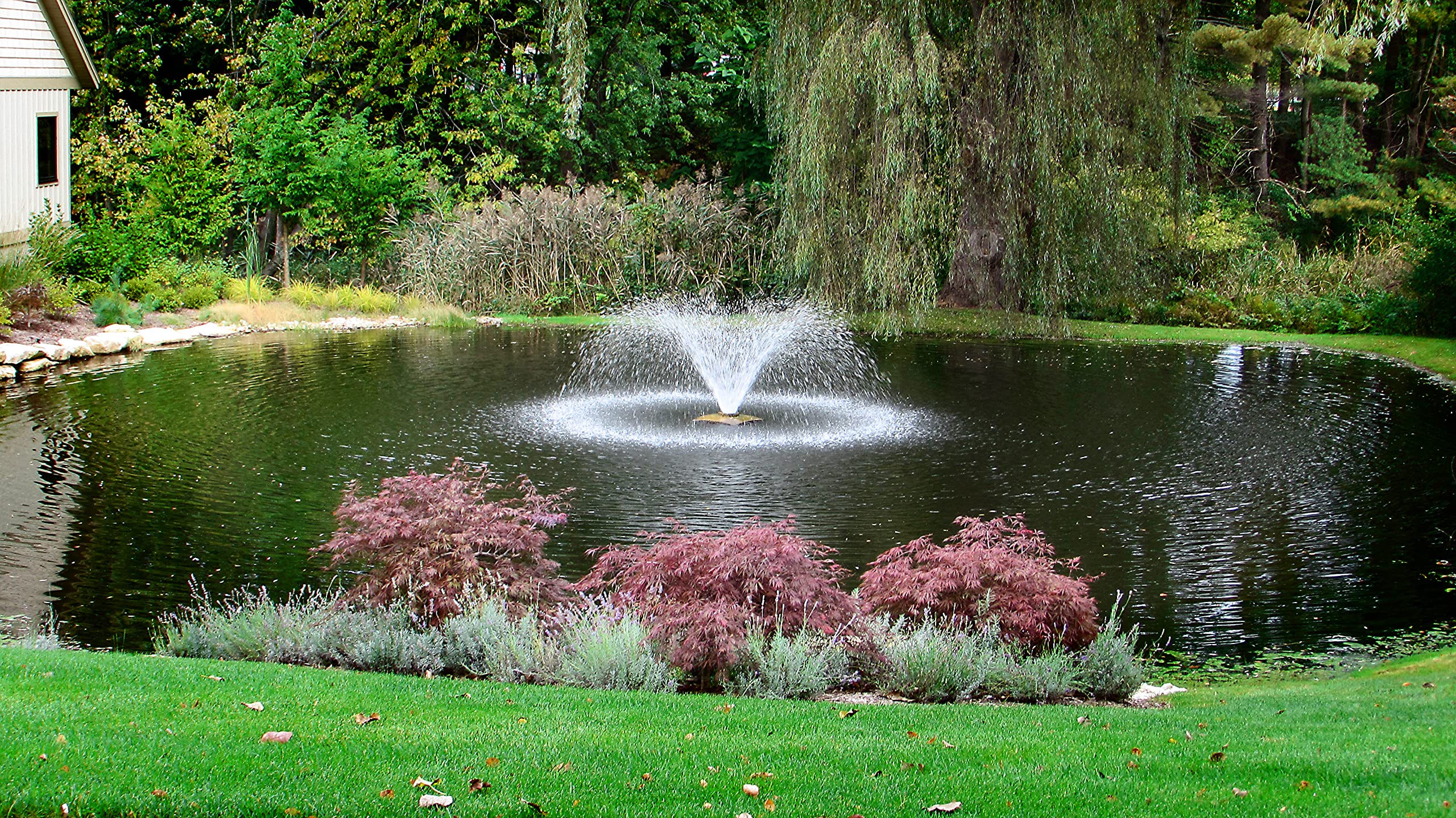
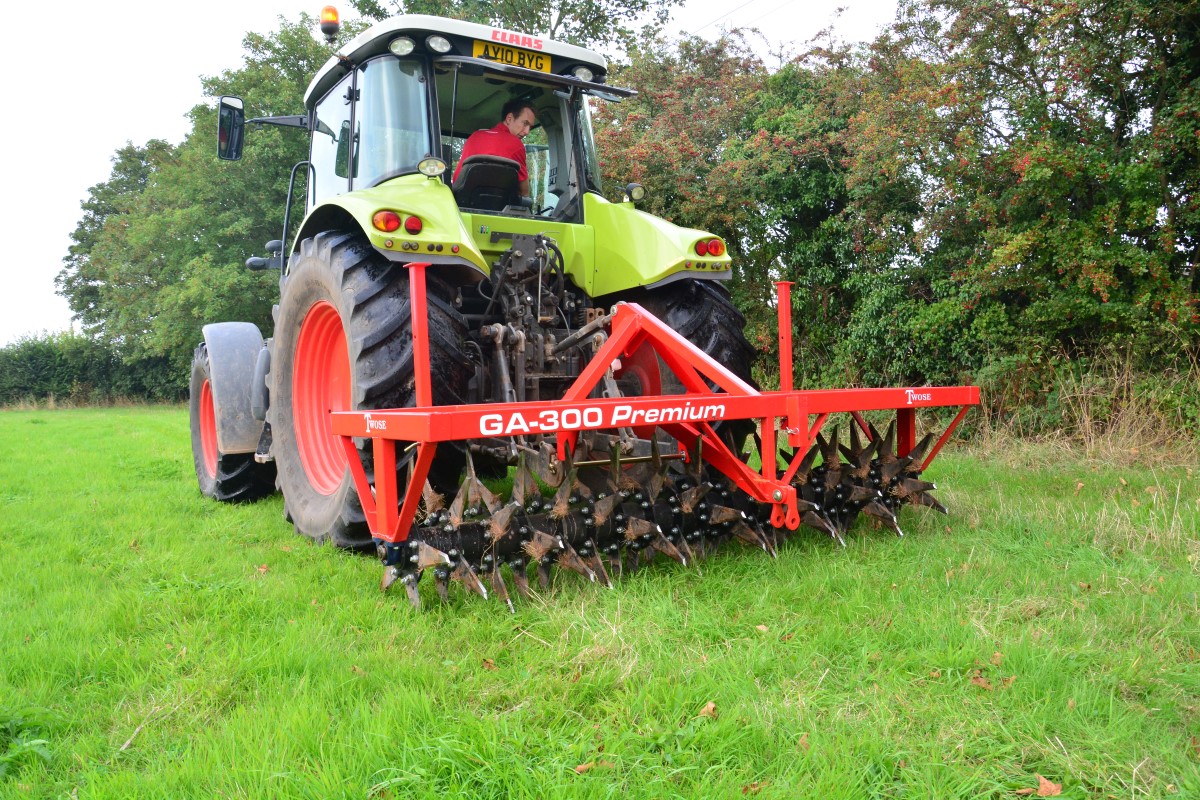



/93097679-56a73c295f9b58b7d0e81657.jpg)
/testing-water-pressure-in-your-home-2718692-hero-98f45508ca5d44b6b551034ac5cedab5.jpg)
:max_bytes(150000):strip_icc()/testing-water-pressure-in-your-home-2718692-04-c37ab3236d0d4b61b87079ebf9ef823e-c1e1ef0104fb44778a287bd9bb5ec140.jpeg)
:max_bytes(150000):strip_icc()/the-men-s-hand-opens-the-ball-valve-on-the-collector-1006810456-5c5fc73fc9e77c000159c4af.jpg)

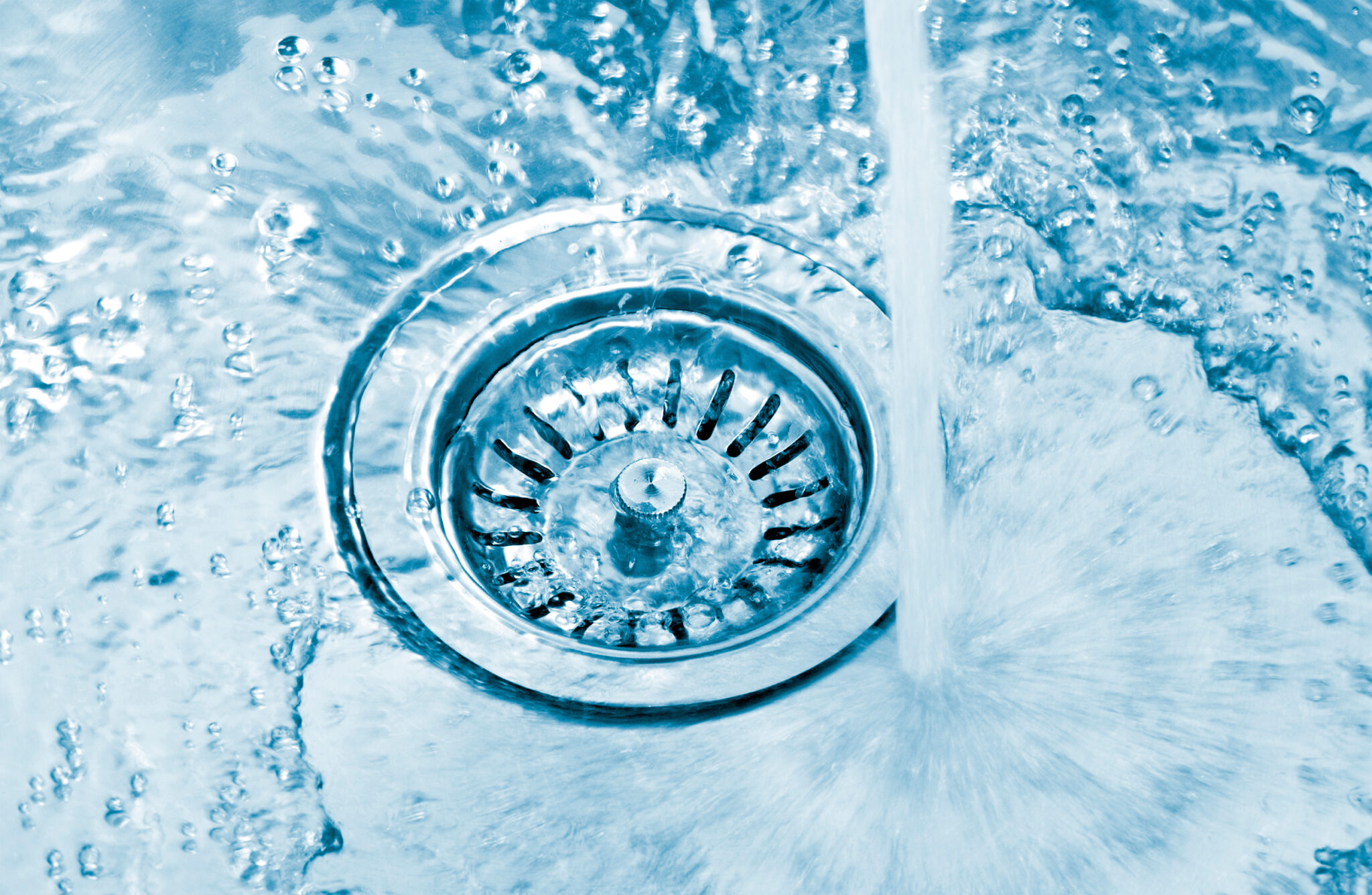
/JodiJacobson-waterpressure-5b9bf850c9e77c0050a2d8aa.jpg)


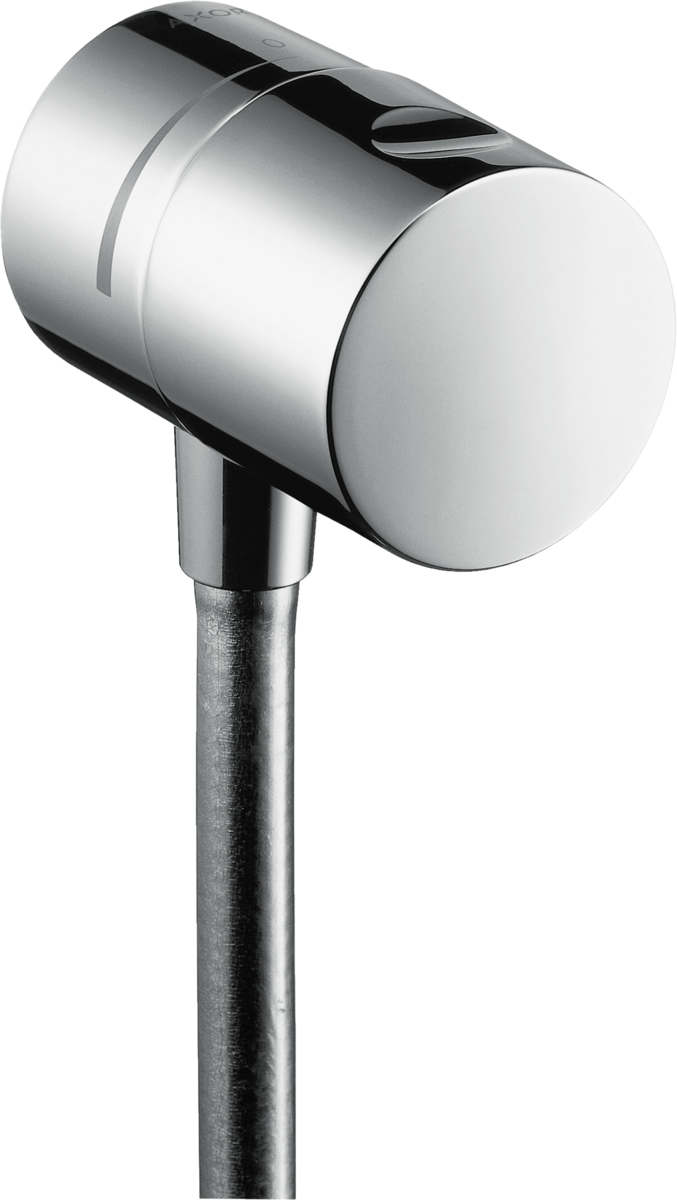

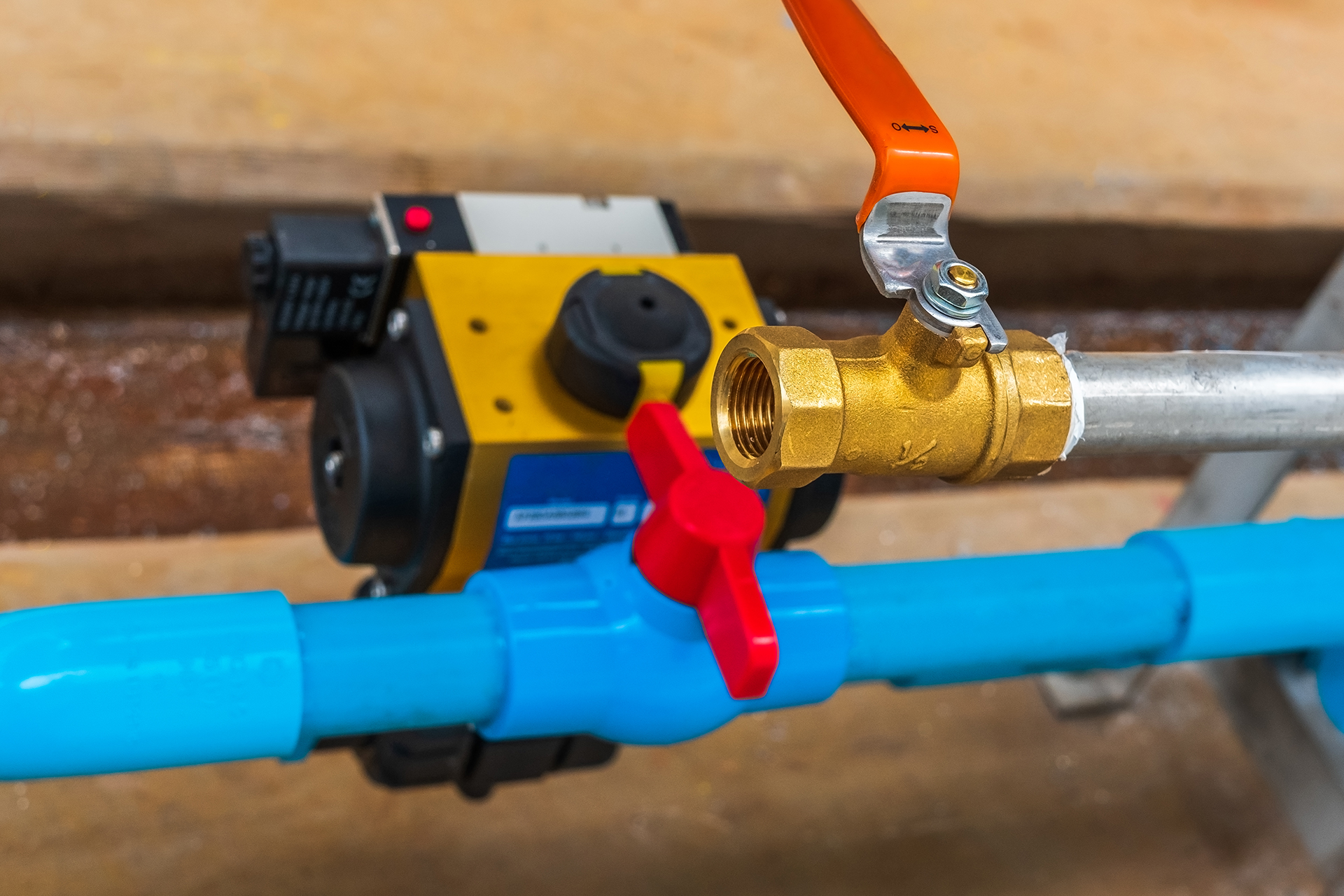
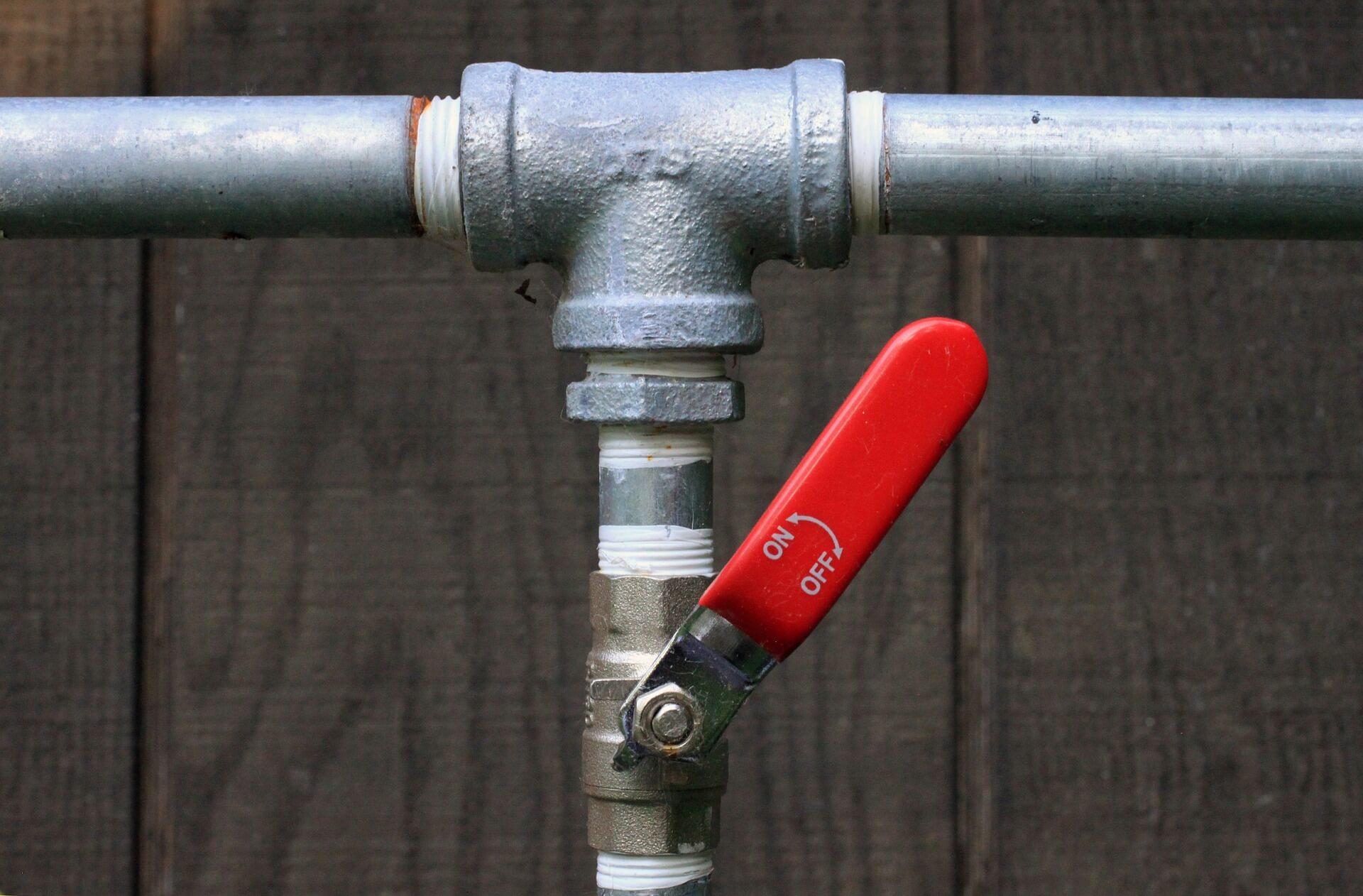

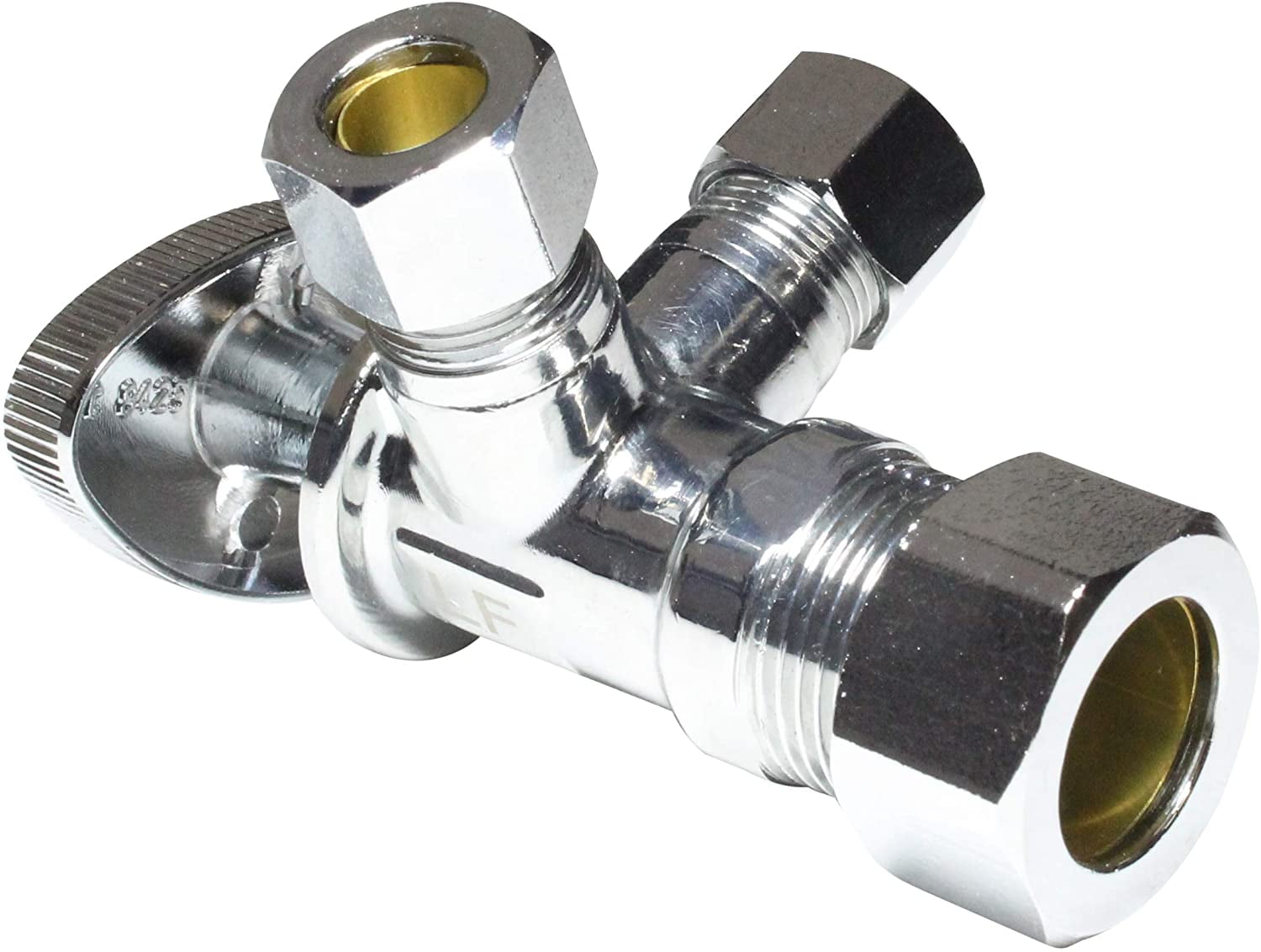










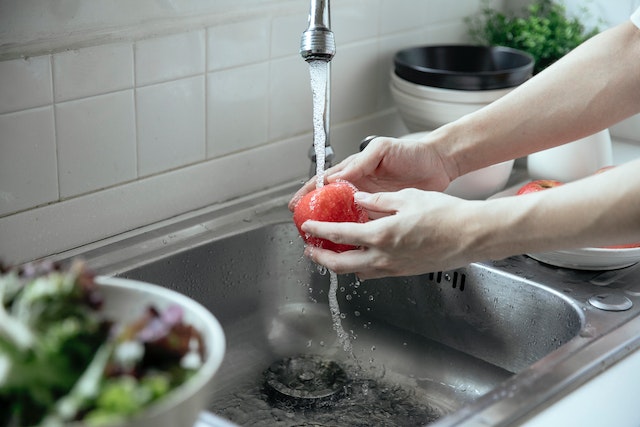

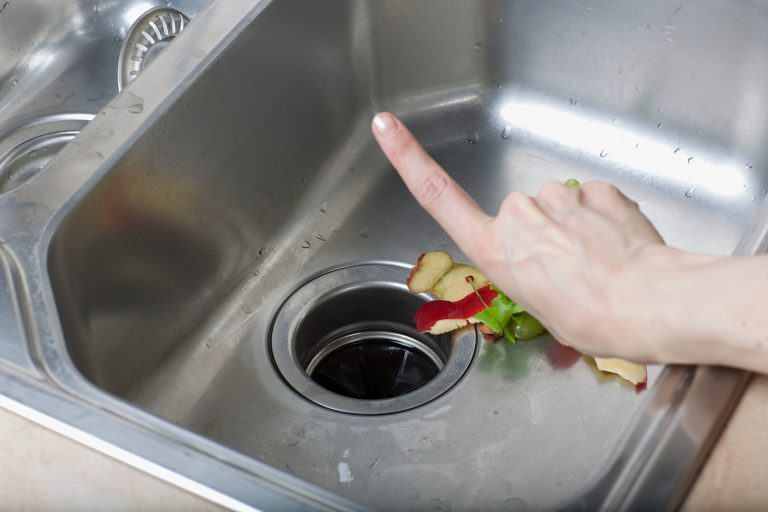









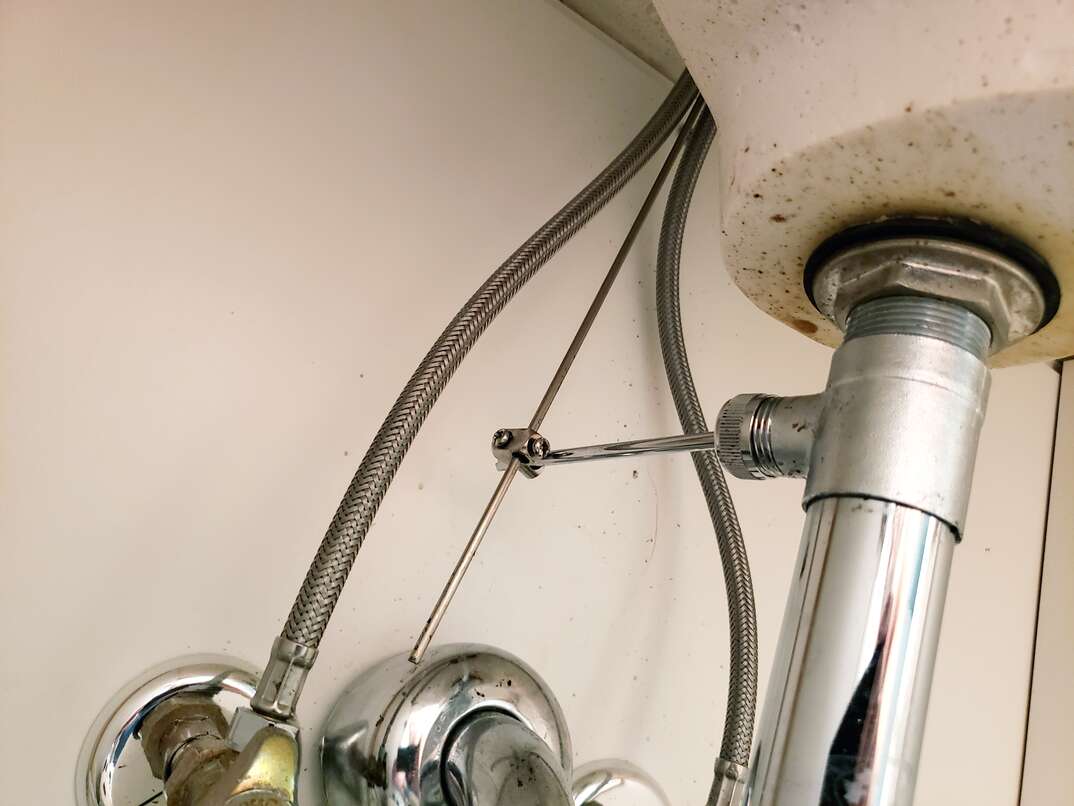









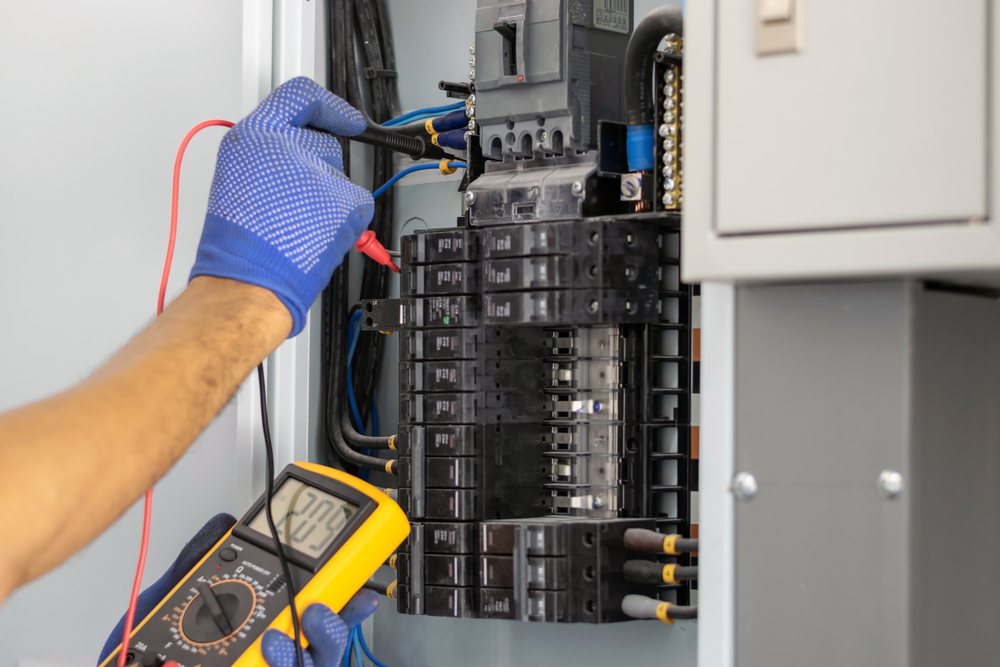

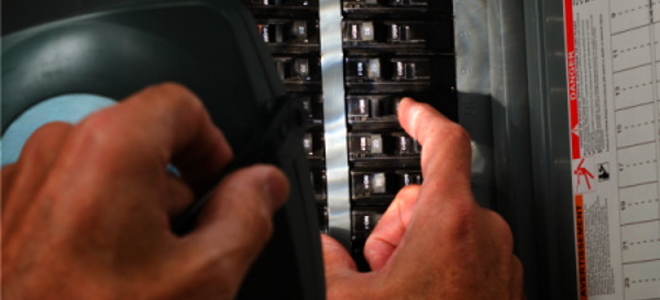




:max_bytes(150000):strip_icc()/circuit-breakers-how-to-reset-a-circuit-breaker-1152756-hero-e69fdfecd2d64a06800fa0f77089c98f.jpg)

